Russia elections: Everything you need to know about sham presidential polls that will hand Putin fifth term
Over 100 million Russians are set to vote for candidates vetted and approved by the Kremlin, starting from Friday
Millions of Russian citizens have started to head to the polls in a sham election that will confirm Vladimir Putin’s presidency for at least another six years.
The stage-managed vote will also take place in parts of Ukraine now controlled by Russian forces.
But with the election and candidates tightly controlled by the Kremlin, is the Russian election rigged, how does it work and what does it mean for Mr Putin? The Independent has put together all you need to know below.
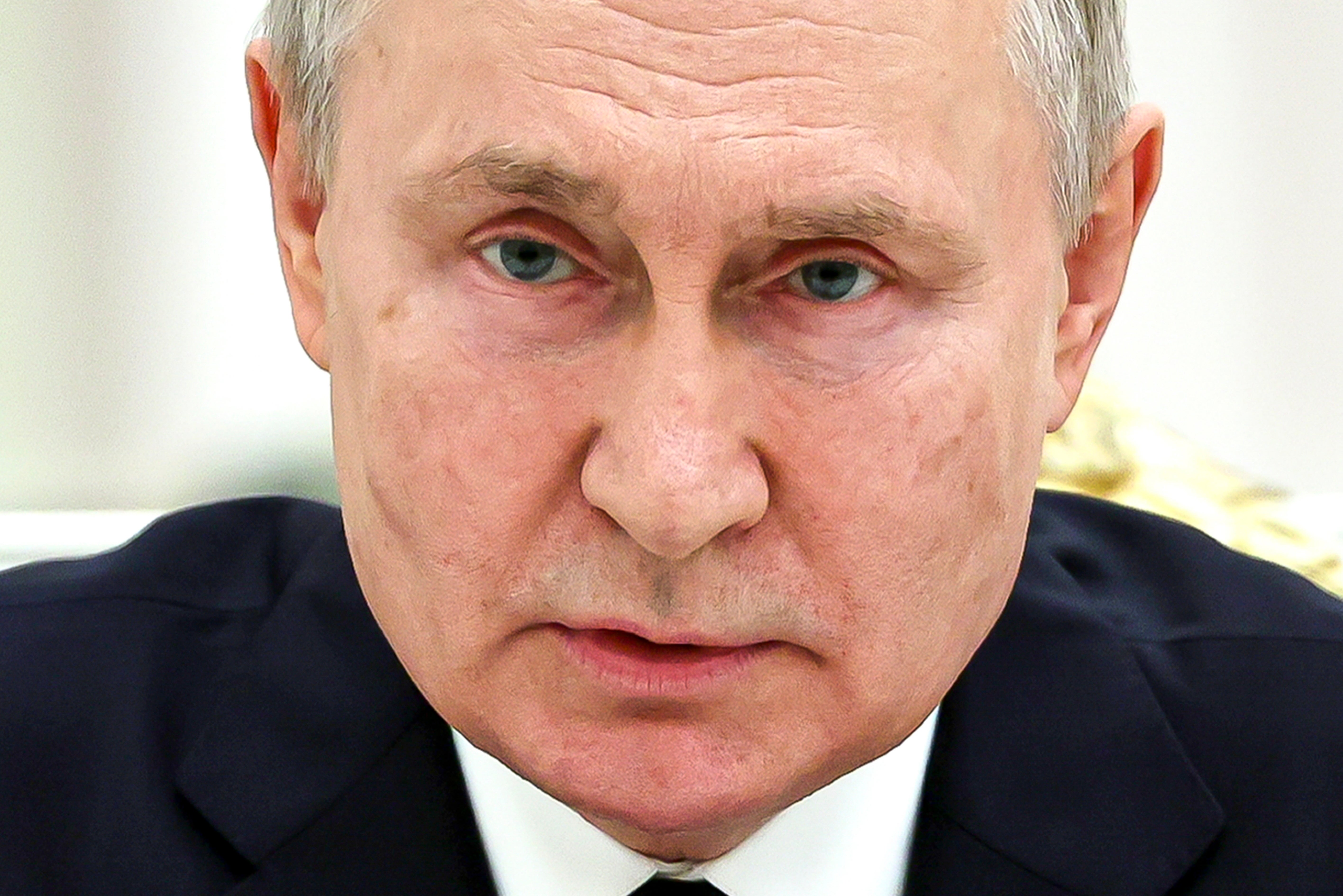
When is the election?
The Russian presidential election will be held between 15 March and 17 March. Results will follow shortly afterwards and the winner will be inaugurated in May.
Voting will also take place in what Russia calls its new territories - parts of Ukraine now controlled by Russian forces that have been placed under Russian law.
A remote online voting system will be available for the first time in a Russian presidential election. There are 112.3 million people with the right to vote in the election.
The Russian population is around 143.4 million. Around 70-80 million people usually cast ballots. Turnout in 2018 was 67.5 per cent.
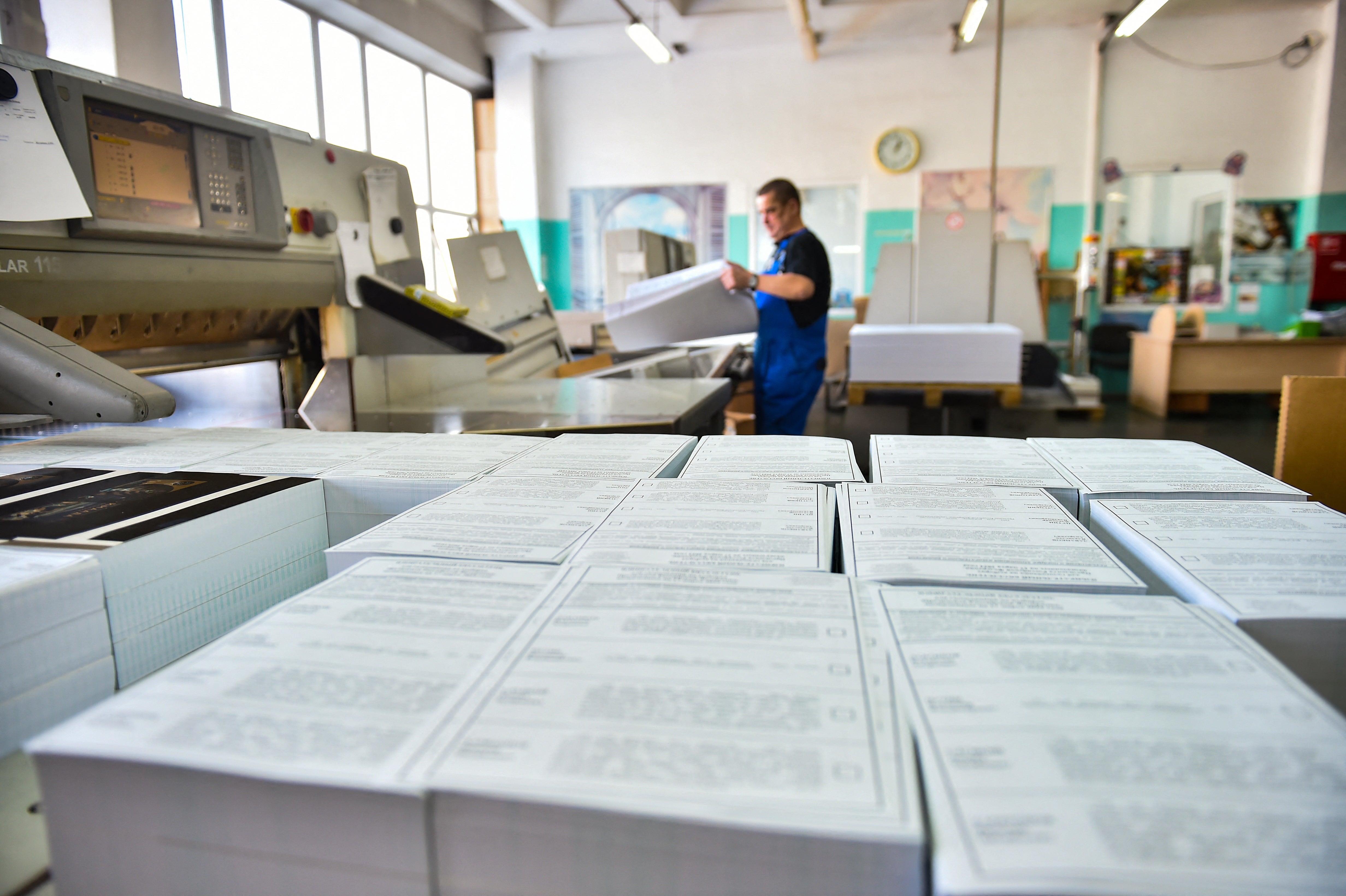
How does the election work?
Russian politics professor Samuel Greene, of King’s College London, explained getting onto the ballot was a complicated process controlled by the Kremlin which sees genuine Putin critics barred.
He told The Independent: “Getting on to the ballot is a complicated process. Parties that have representation in parliament have guaranteed access to the ballot.
“Everybody else has to go through a system of petitions and collecting tens of thousands of signatures that have to be verified.
“The government authorities invariably find problems with the signatures that have been collected by genuine opposition candidates.”
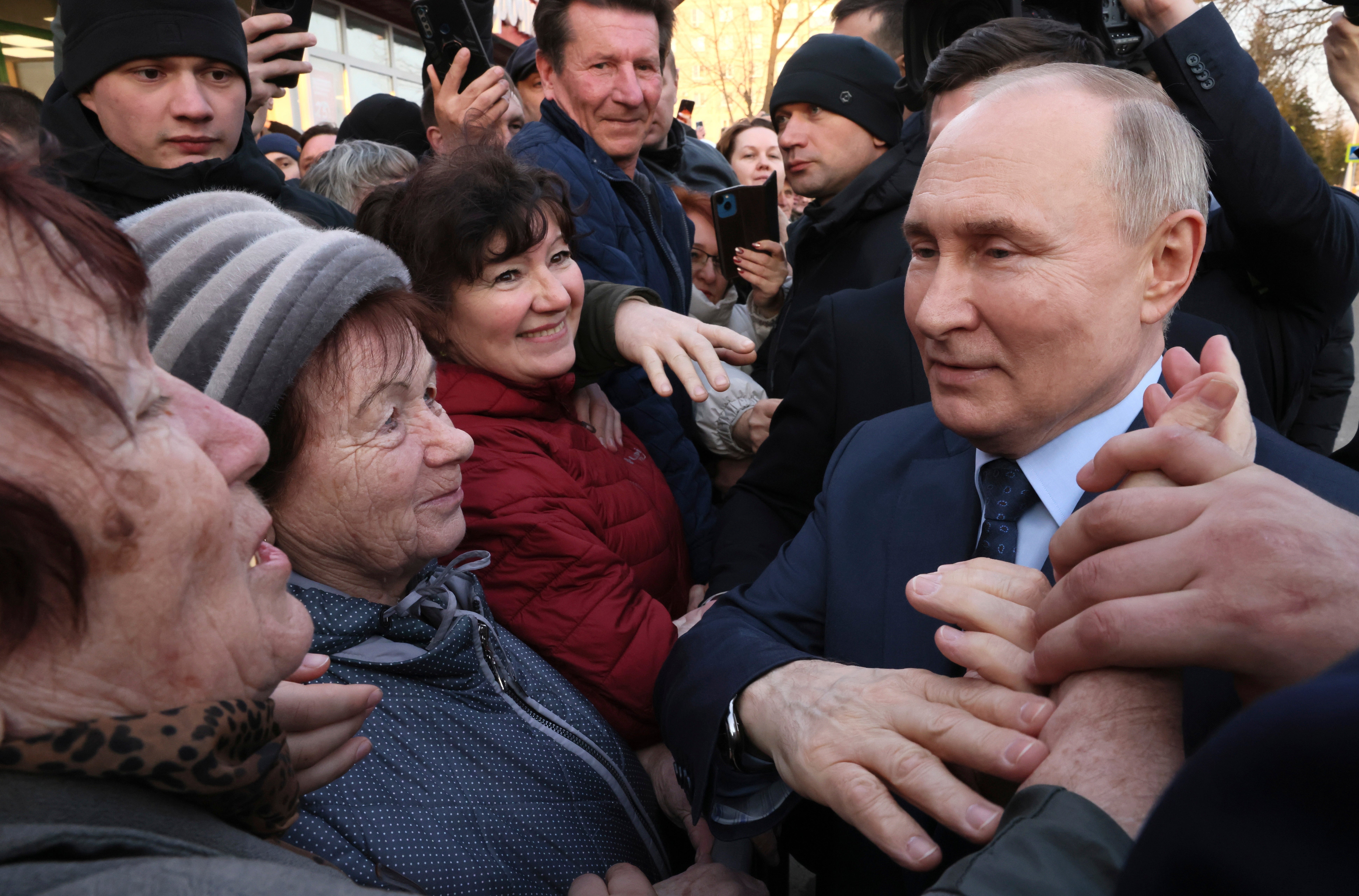
Is the election rigged?
Prof Greene added that all parties are vetted by the Kremlin in an illegal process separate to the Central Election Commission, which checks regular conditions like nationality and criminal records.
“All parties that are able to function in Russia are coordinated by the presidential administration. Candidate lists are vetted by the Kremlin; fundraising is both limited and enabled by the Kremlin,” he said.
He explained Russian candidates are only allowed to campaign within red lines set by Putin and don’t really expect to win the election - which means they won’t say anything too controversial like criticising the war in Ukraine.
“The opposition candidates are being careful not to be any more aggressive than Putin is in his campaigning. They don’t really expect to win,” he said.
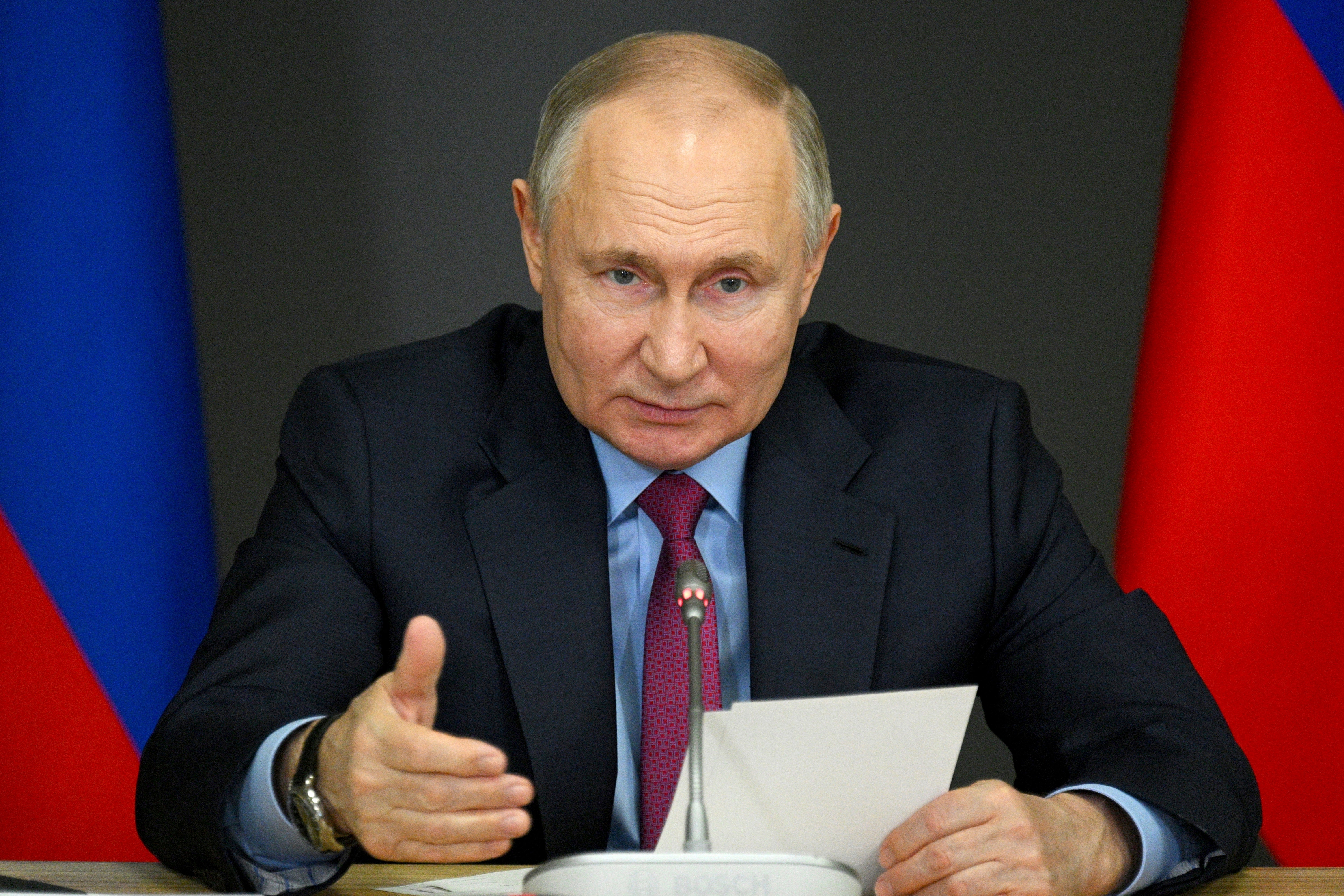
Who are the candidates?
There are four candidates that have been vetted by the Kremlin and who are on the ballot for this year’s Russian presidential election.
Vladimir Putin
In charge of all the levers of state, incumbent Vladimir Putin, 71, is expected to easily win a landslide victory and another six-year term.
Already the longest-serving ruler of Russia since Joseph Stalin, will win a fifth and unconstitutional term after polls close on Sunday.
His standing in the election comes as a result of a referendum in 2020 amending Russia’s constitution to reset presidential term limits – having previously opted in 2008 merely to swap places with prime minister Dmitry Medvedev to sidestep the two-term limit.
While that move triggered the largest protests of his rule, the changes ushered in by the referendum in 2020 were largely unopposed, and Putin could theoretically still be in the Kremlin in 2036, notes Independent columnist Mary Dejevsky.
Nikolai Kharitonov
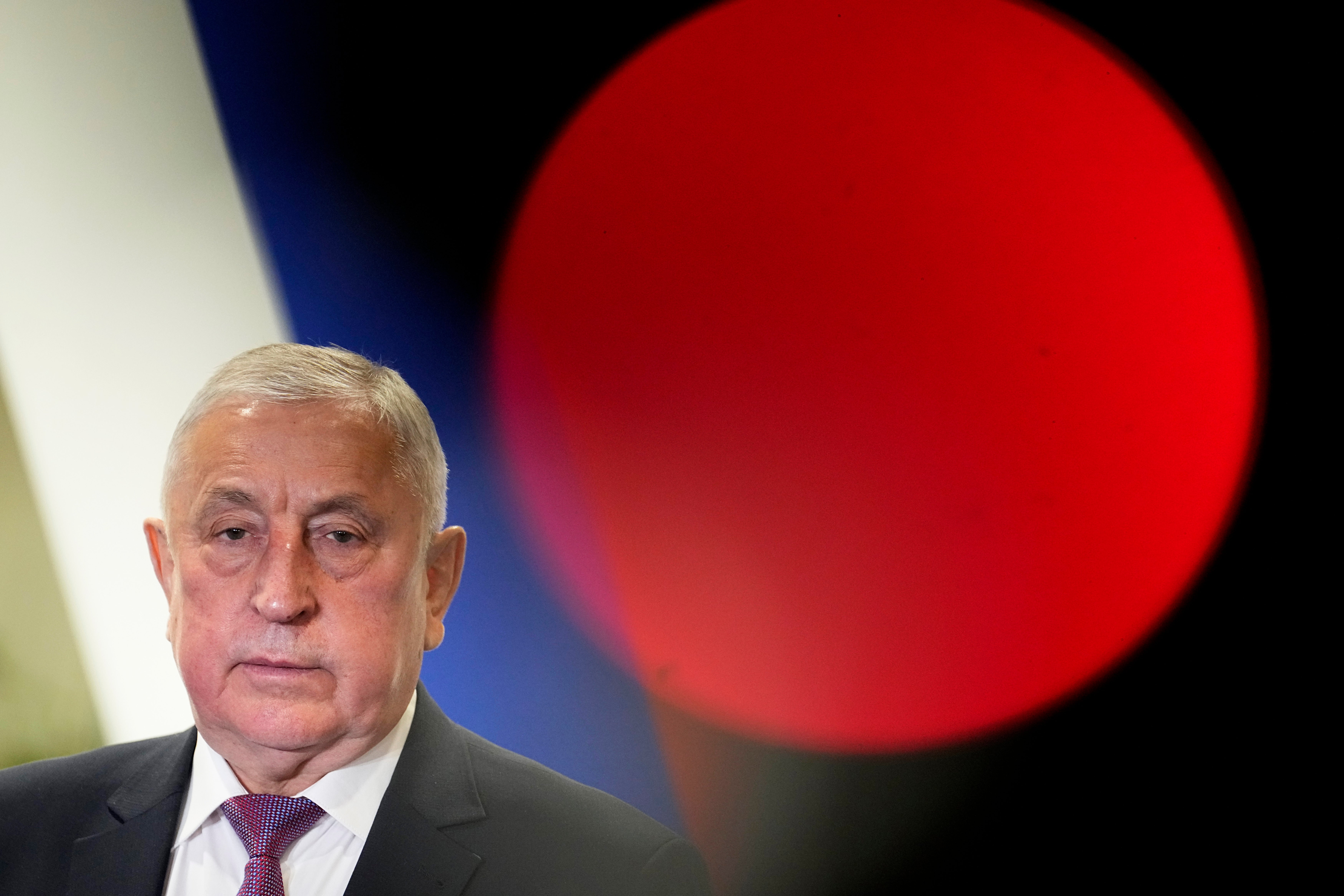
A 75-year-old member of Russia’s lower house of parliament, the State Duma, Nikolai Kharitonov is the official candidate of the Communist Party, whose candidates have finished a distant second to Putin at every election since 2000.
Mr Kharitonov, a Siberian, stood previously in 2004 and won 13.8 per cent of the vote to Putin's 71.91 per cent. A state pollster said in February that its research showed that around 4 per cent of Russians were ready to vote for him.
The state Tass news agency has quoted Kharitonov as saying he would not find fault with Mr Putin, because “he is responsible for his own cycle of work, why would I criticise him?”
Mr Kharitonov supports the war in Ukraine, but has previously opposed some of the ruling pro-Putin United Russia party’s domestic policies. He enjoys the backing of Gennady Zyuganov, the 79-year-old veteran Communist Party leader.
Leonid Slutsky
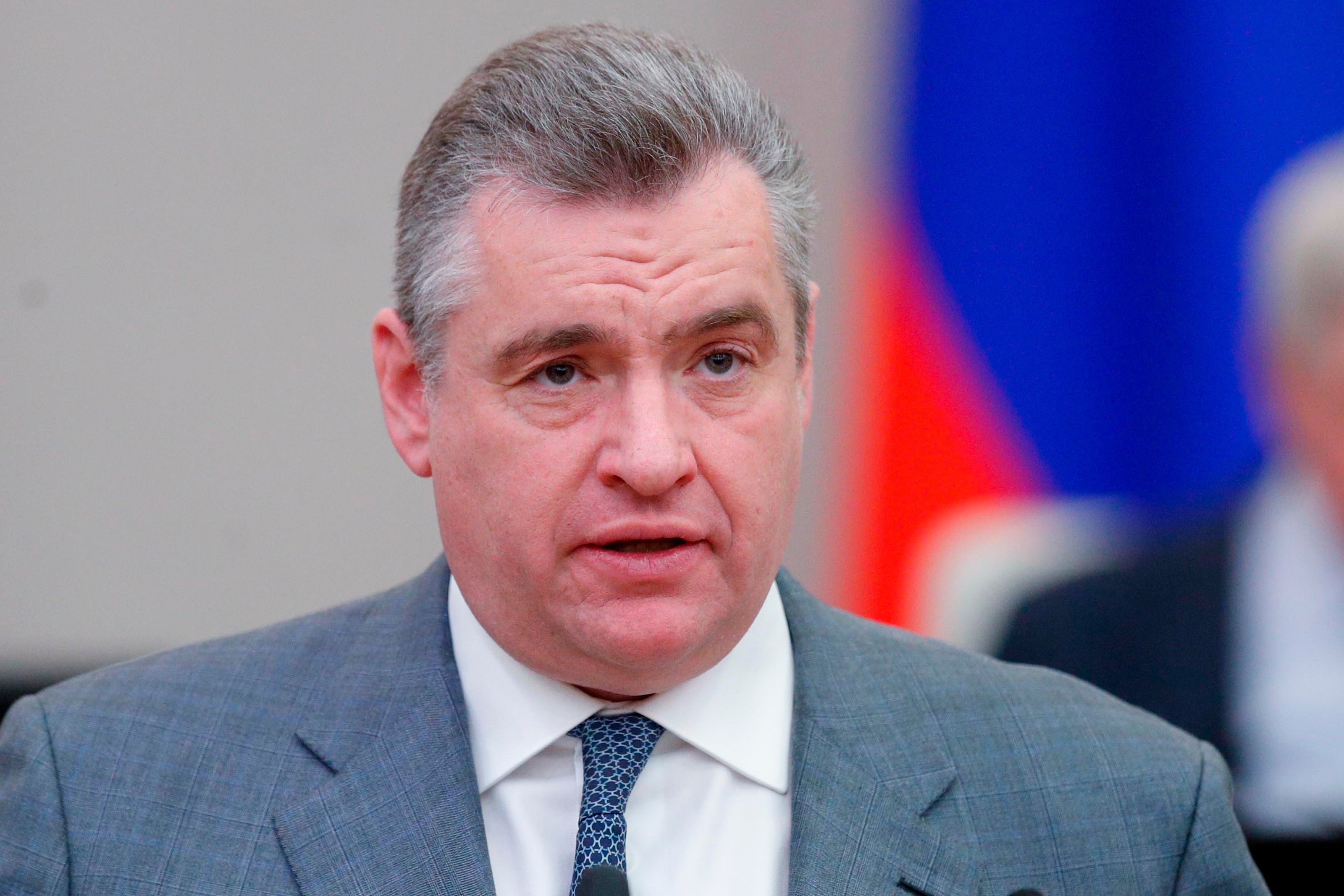
A senior member of the State Duma, Leonid Slutsky, 56, is the leader of the ultra-nationalist Liberal Democratic Party of Russia (LDPR), and has long chaired the parliament’s international affairs committee – voicing support for the Ukraine war and the need to keep food prices down.
A regular anti-Western mouthpiece on Russian state TV, Mr Slutsky took over as the party’s permanent leader after veteran firebrand Vladimir Zhirinovsky died in 2022. He is seeking to tap into his late predecessor’s popularity by campaigning on the slogan “Zhirinovsky lives on”.
A state pollster said in February that its research also showed that around 4 per cent of Russians were ready to vote for him. In 2018, a group of female journalists accused Mr Slutsky of sexual harassment. A parliamentary commission exonerated him, which his accusers labelled a whitewash.
Vladislav Davankov
New People politician Vladislav Davankov is deputy chair of the State Duma, and has received a state award from Mr Putin in the past.
Aged 40, heis the youngest registered candidate and has said he won’t criticise his political opponents. His main campaign slogans are “Yes to changes!” and “Time for new people!” A state pollster said in February that its research showed that over 5 per cent of Russians were ready to vote for him.
Mr Davankov has tried to position himself as someone opposed to excessive curbs on people’s personal freedom and – in the context of Russian politics – as someone who is more liberal. Without mentioning Ukraine by name, he has said he favours “Peace and talks. But on our terms and with no roll-back”.
What does the election mean for Putin?
Prof Greene explained the elections are designed to give an air of legitimacy to Vladimir Putin and Russia’s political system without alienating the majority of Russians.
“The Kremlin knows there are people in Russia who won’t vote for Putin,” Prof Greene said. “But it would rather people vote for a candidate and party that is controlled by the Kremlin and can be relied on not to cause problems, instead of people becoming disaffected and protesting for broader change.
“They want people to feel like they have a voice in the system and have somebody they can vote for so they lost the election fair and square.”
What have critics said about the Russian ballots?
Critics of the Kremlin have warned that the ballots are unlikely to bear any resemblance to true democracy.
Nato chief Jens Stoltenberg said: “We know already that opposition politicians are in jail, some are killed, and many are in exile, and actually also some who tried to register as candidates have been denied that right,” he said.
And an EU spokesperson said: “We know, given the track record of how votes are being prepared and organised in Russia under the current Kremlin administration and regime, how this will look. It’s very difficult to foresee that this would be a free, fair and democratic election where the Russian people would really have a choice.”
And as Nato warned Russia’s attempts to organise elections in four Ukrainian regions it claims to have annexed would be “competely illegal”, as the Ukrainian mayor of Mariupol – Vadym Boychenko – alleged that at least two “Chechen military men with machine guns” had been seeking to enforce voting there.
A fortnight after the death of Alexei Navalny, the Russian dissident community has convened a plan to disturb this rubber-stamping exercise, dubbed “Noon Against Putin”, in which Russian citizens frustrated with the leader’s rule are being called to head to the voting booths all at the same time on the final day in a display of discontent.
The campaign has been dubbed “Navalny’s political testament” by independent media outlet Novaya Gazeta, and has been backed by the opposition leader’s widowed wife Yulia Navalnaya, along with a host of prominent anti-Putin figures, including Mikhail Khodorkovsky, formerly Russia’s richest oligarch, and Gary Kasparov, the chess grandmaster turned opposition figure.
Additional reporting by Reuters
Join our commenting forum
Join thought-provoking conversations, follow other Independent readers and see their replies
Comments
Bookmark popover
Removed from bookmarks